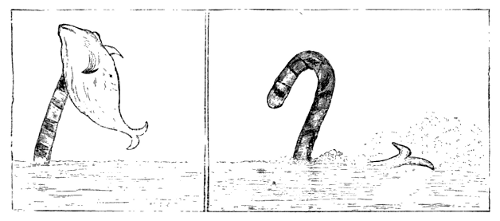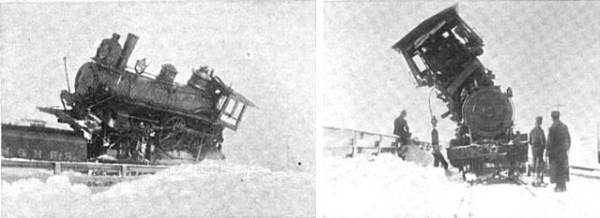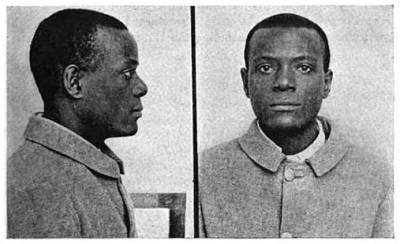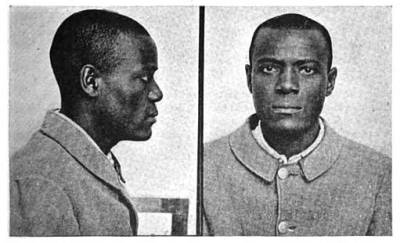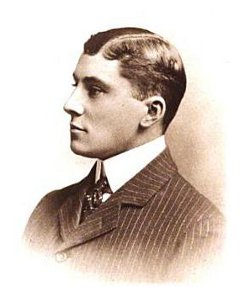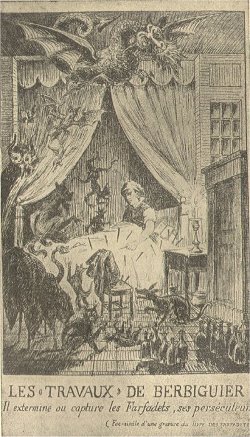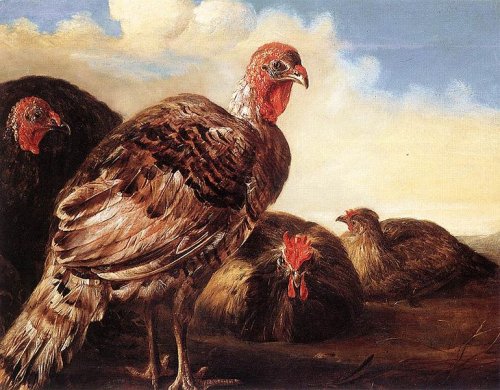
George Hanger, an eccentric friend of George IV, once wagered £500 that 20 turkeys could outrace 20 geese over a course of 10 miles. The turkeys held a lead of as much as two miles for the first three hours, but toward evening they wandered off the road and began to roost.
“In the mean time, the geese came waddling on, and in a short time passed the turkey party, who were all busy in the trees dislodging their obstinate birds; but as to any further progress, it was found impossible, and the geese were declared the winners.”
In 1866, desperate for cash after a fire destroyed his hardware store in Placerville, Calif., Henry C. Hooker bought 500 turkeys and drove them over the Sierra Mountains to Carson City, Nev., where he sold them at a great profit to silver miners. (The turkeys took flight while descending a particularly steep precipice: “As I saw them take wing and race away through the air I had the most indescribable feeling of my life. I thought here is good-bye turkeys!”) He used the money to establish a new life as an Arizona stockman.


